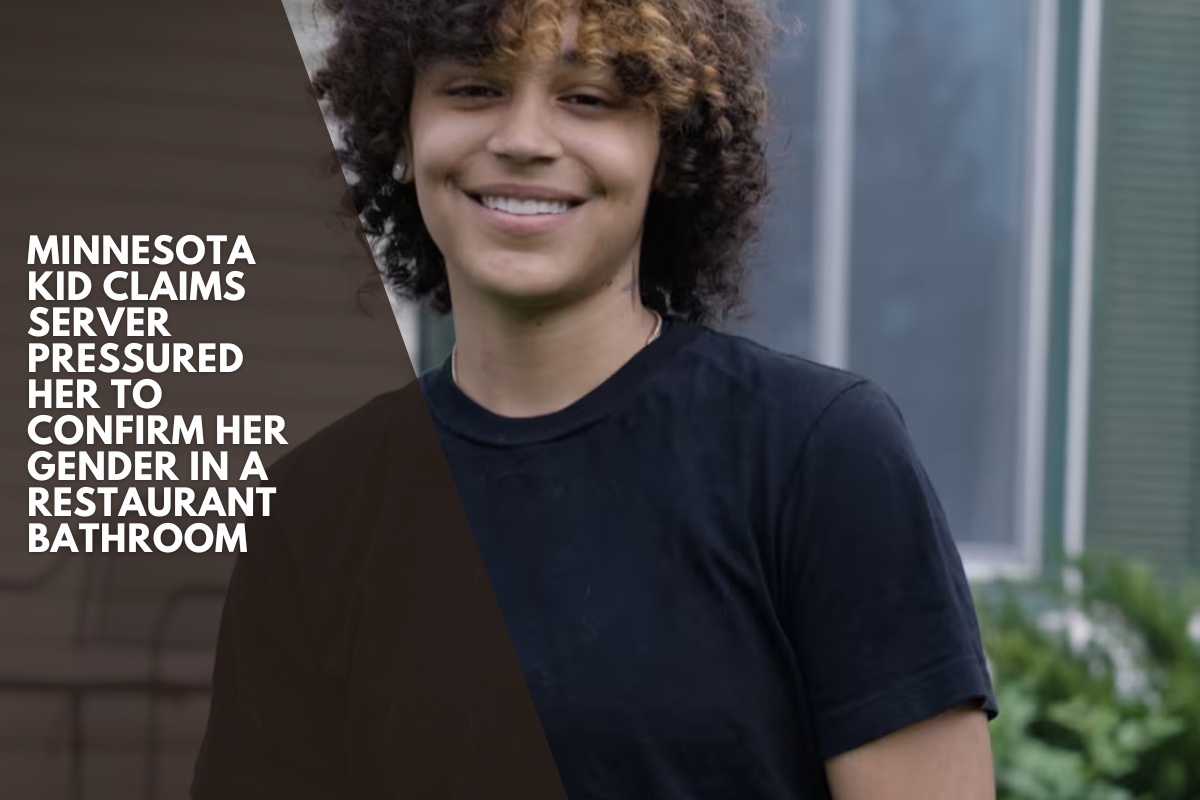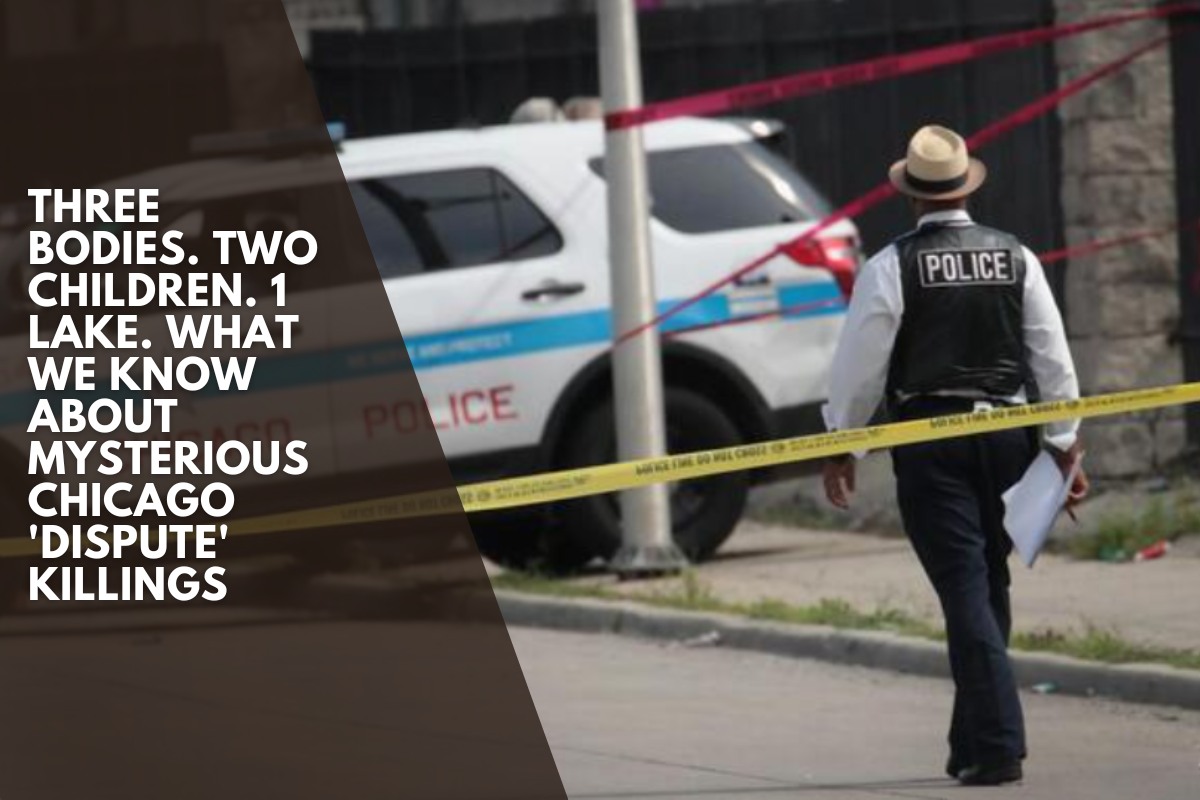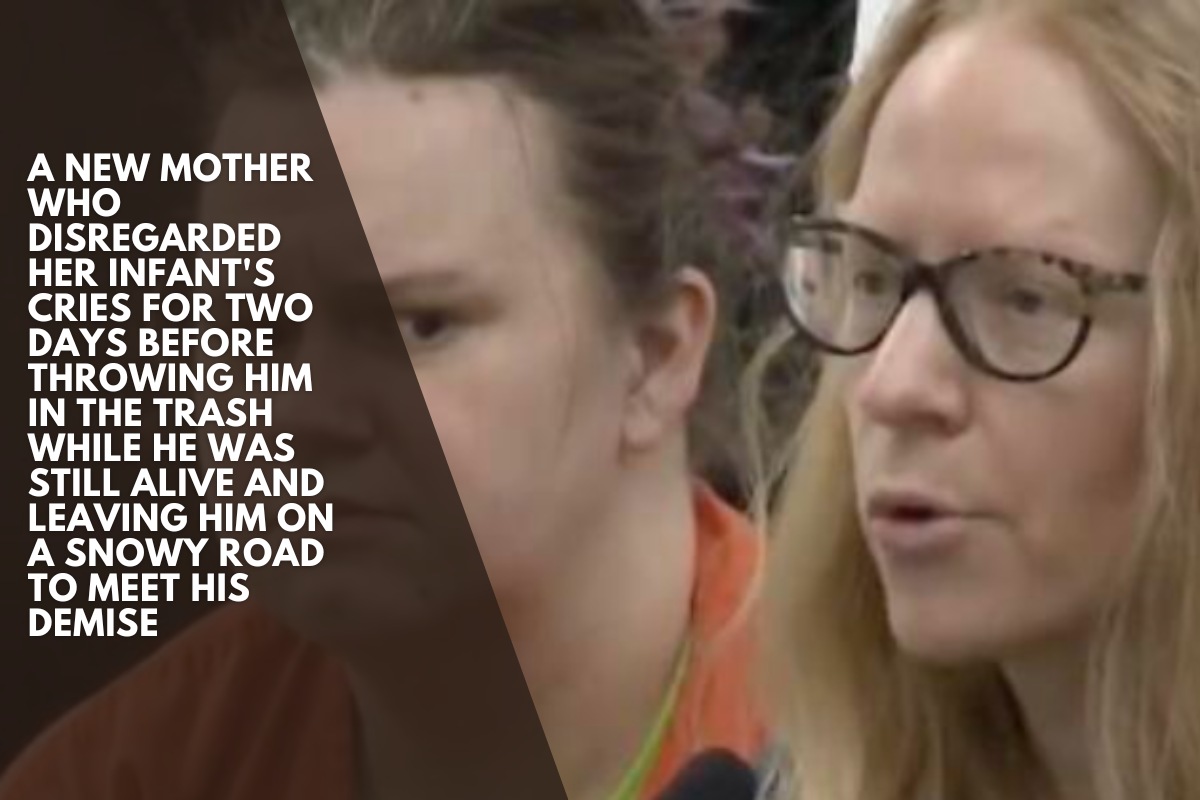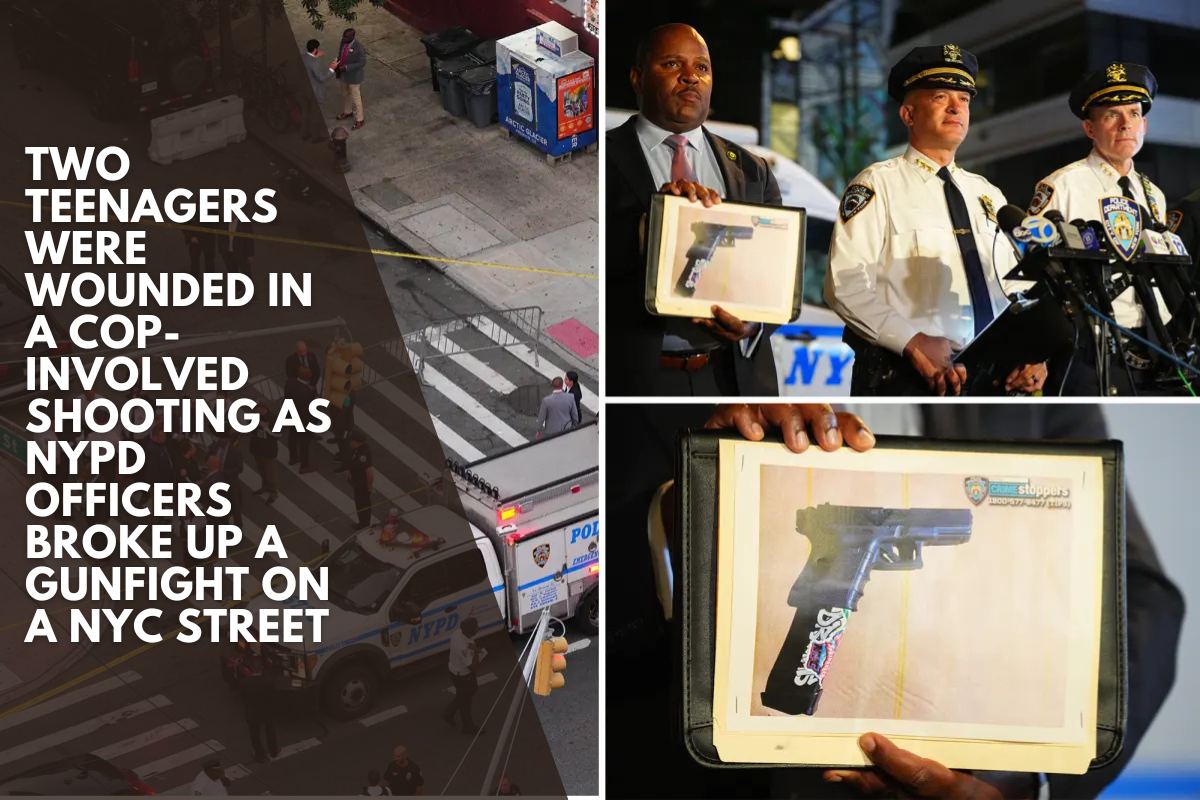A Minnesota teenager filed a discrimination complaint against Buffalo Wild Wings on Tuesday, alleging that a server followed her into the women’s restroom and demanded she “prove” she was a girl.
In April, Gerika Mudra, 18, went to dinner with a friend in Owatonna, which is about an hour south of Minneapolis. When she went to the restroom, a server followed her in and banged on the stall door, saying, “This is a women’s restroom.” “The man needs to get out of here,” according to Gender Justice, a Minnesota-based gender equality organization that filed the charge on Mudra’s behalf.
Mudra, a biracial lesbian who isn’t transgender, said that she has been in similar situations before, when people have suggested she’s in the wrong restroom, but that when she tells them she’s a woman they leave her alone.
However, when she came out of the stall at Buffalo Wild Wings and told the server, “I am a lady,” she said, the server responded, “You have to get out now,” Gender Justice said in a statement.
Mudra explained that she felt compelled to prove to the server that she is a woman, so she unzipped her hoodie to reveal her breasts. According to Mudra, the server did not respond and instead left the restroom.
“She made me feel very uncomfortable,” Mudra said. “After that, I don’t like going to public restrooms. I just hold it in… I want to be able to use the restroom in peace.”
Inspire Brands, which represents Buffalo Wild Wings, did not immediately respond to a request for comment.
Gender Justice filed a discrimination complaint with the Minnesota Department of Human Rights, claiming that what happened to Mudra violated the state’s Human Rights Act, which protects people from discrimination based on gender identity and sexual orientation, among other protected statuses.
At a news conference Tuesday, Sara Jane Baldwin, senior staff attorney at Gender Justice, stated that even though Mudra is not trans, the server’s actions “were based on assumptions that she made about” Mudra, and that Minnesota’s law protects against discrimination based on stereotypes or assumptions about protected characteristics such as gender identity.
“Businesses have a legal obligation not to just have antidiscrimination policies on paper, but to train staff and ensure that those policies are followed in real time,” Baldwin told reporters. “When that doesn’t happen, the business is liable for the harm caused.”
According to Gender Justice, Mudra’s experience “reflects a broader climate of fear and suspicion aimed at anyone who doesn’t conform to narrow expectations of what girls and women’should’ look like.” That suspicion has been fueled in large part by a wave of state legislation aimed at trans people, specifically their access to school sports and bathrooms that correspond to their gender identities, despite the fact that Minnesota has not passed any such legislation.
According to the Movement Advancement Project, an LGBTQ think tank, 19 states have laws prohibiting transgender people from using bathrooms that correspond to their gender identities in K-12 schools, and many of those states’ restrictions also apply to other government-owned buildings. Twenty-seven states prohibit transgender people from participating in school sports teams that reflect their gender identities.
Even before such laws, transgender people had long complained about being harassed in public restrooms and avoided using them as a result. This year, several women who are not transgender have reported being harassed in public restrooms because they were suspected of being transgender, including at the United States Capitol in January, Phoenix in February, Florida in March, and Boston in May.
“This kind of gender policing is, unfortunately, nothing new,” Megan Peterson, executive director of Gender Justice, stated. “And yet, in our current climate, we have to wonder: What if Gerika had been transgender? Would the story have ended differently? That’s the terrifying reality that too many trans people face every day.”
Even if Mudra were transgender, she could file a discrimination complaint under Minnesota state law, which is one of 21 states and Washington, D.C. that explicitly prohibit discrimination based on sexual orientation and gender identity in public accommodations, according to the Movement Advancement Project.
Two states explicitly prohibit discrimination based solely on sexual orientation, and six more states expand existing measures against sex discrimination to include discrimination based on sexual orientation and gender identity. Twenty-one states do not have explicit protections against gender-based discrimination in public accommodations.












